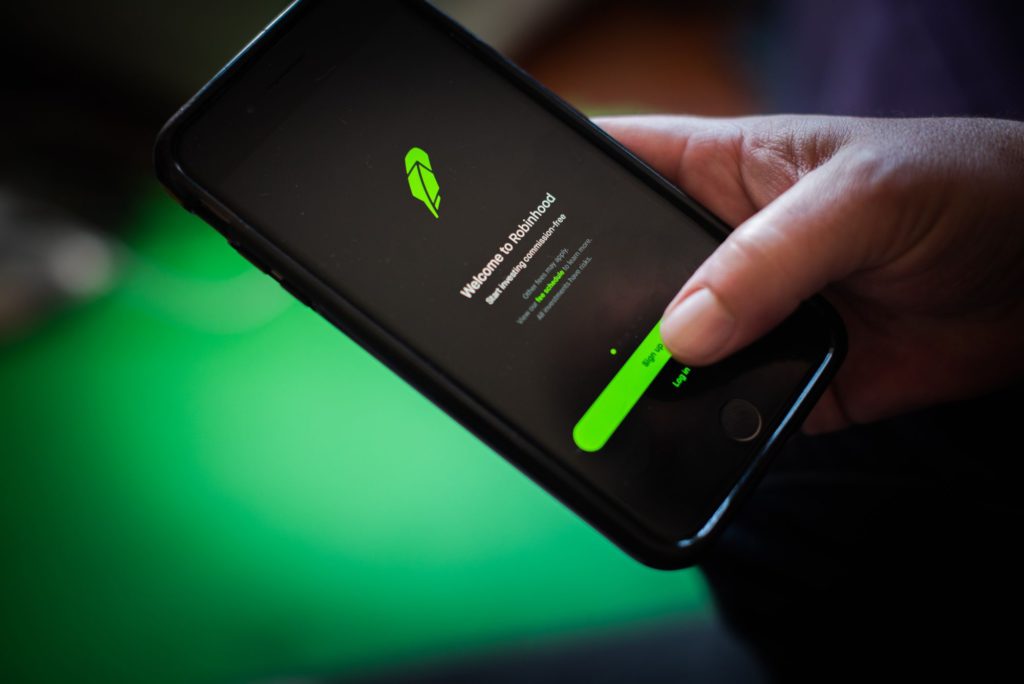(Bloomberg) — Robinhood Markets Inc., the financial upstart that drew millions of novice investors during the early days of the pandemic, is struggling to prove itself as a public company.
First-quarter revenue tumbled 43% and the stock cratered anew in late trading Thursday, the latest signs that shareholders looking for a turnaround may be hard-pressed to find one.
Two days after announcing that it’s cutting 9% of full-time staff, the brokerage posted a first-quarter adjusted loss of $392 million, or 45 cents a share, that was wider than the 38 cents that Wall Street analysts expected. Revenue of $299 million missed the average estimate of $352.9 million, according to a statement Thursday.
“We’re facing a really challenging macro environment,” Chief Financial Officer Jason Warnick said in a call with reporters. Throughout most of its nine-year history, he added, Robinhood has operated amid low inflation and rock-bottom interest rates — an environment that has drastically changed in recent months.
While enthusiasm from small-dollar investors helped drive Robinhood’s July initial public offering, it remains to be seen whether they’ll stick around to use a variety of features the company is rushing to release. First-quarter transaction revenue totaled $218 million, a 48% decline from a year earlier, while average revenue per user dropped 62% to $53. Monthly active users slid 10% to 15.9 million.
Robinhood will start to release some metrics on a monthly basis, in order to give investors a more detailed picture of its trading volumes and active users, and other aspects of the business.
Shares of the Menlo Park, California-based Robinhood slumped 12% to $8.91 in extended trading at 4:57 p.m. in New York. The stock had plunged 73% since the IPO through the close of regular trading.
See also: Robinhood Cuts Jobs as Pandemic Sizzle Gives Way to New Reality
The first-quarter results stand in stark contrast to the same period of 2021, when a surge in meme stocks such as GameStop Corp. and AMC Entertainment Holdings Inc. drew throngs of retail investors into the market, with Robinhood playing a starring role in the frenzy. That came with a gusher of new accounts.
For now, Robinhood is delivering on its promise to introduce new products. Plans to expand beyond stock, options and cryptocurrency trading are already progressing. In recent months, Robinhood readied or debuted a range of features, including a spending account, stock lending, crypto wallets and retirement accounts.
More stories like this are available on bloomberg.com
©2022 Bloomberg L.P.











